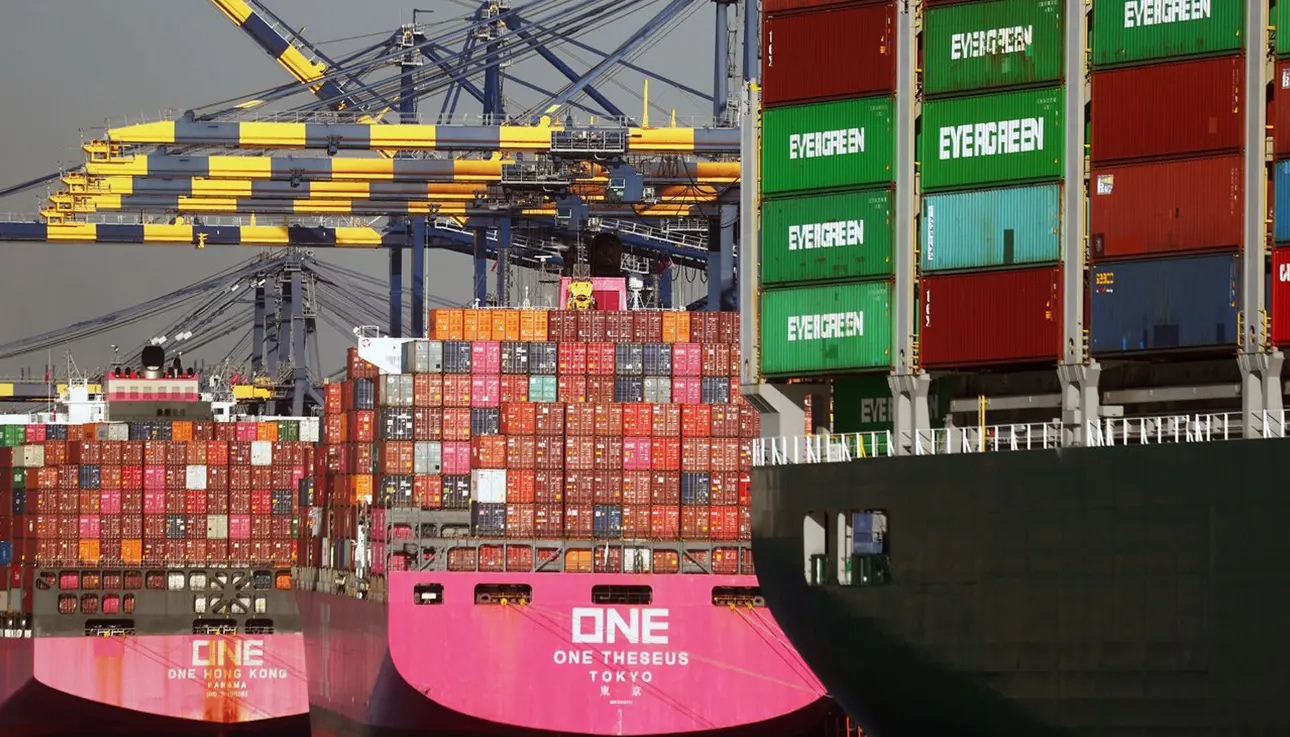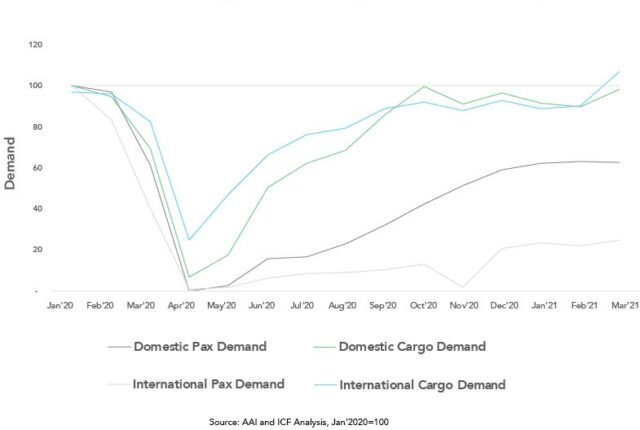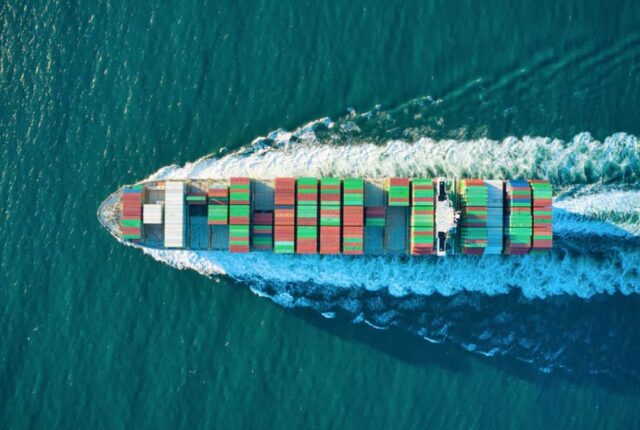
Ship Backup at Southern California Ports Is Receding
The lengthy backup of container ships waiting to unload in Southern California is shrinking, the first sign in three months of an easing of U.S. supply-chain congestion at the nation’s busiest container port complex.
The number of container ships queuing to enter the ports of Los Angeles and Long Beach declined to 78 vessels on Tuesday, down from the peak of 109 ships reached a month earlier, according to the Marine Exchange of Southern California.
Port officials say it is unclear whether the decline, which has accelerated over the past week following a surge shortly before and after the December holidays, is the beginning of a trend or a temporary respite because of factory slowdowns in Asia for the Lunar New Year holiday that began Feb. 1.
“No one is taking a victory lap,” said Gene Seroka, executive director of the Port of Los Angeles.
Although the ship backup is the smallest it has been since Nov. 11, congestion remains severe by historical standards. Container ships are waiting an average of 18 days to unload at the Port of Los Angeles, the busiest of the neighboring gateways. Before the pandemic, it was unusual for ships to have to wait for a berth.
Soren Skou, chief executive of Danish containership company A.P. Moller-Maersk AS, this week said he expects supply-chain bottlenecks to continue at least until June.
The delays at the ports as well as at congested inland rail terminals, warehouses and distribution centers have contributed to inflation reaching a four-decade high and to shortages of everything from garage doors to paper cups.
Shipping-industry officials point to positive signs that constraints on moving goods are easing. More workers are returning to their jobs after the Omicron variant caused a New Year surge in absences. The Pacific Maritime Association, which orders labor for port-terminal operators on the West Coast, says it is seeing 25 to 35 Covid-19 cases a day, down from 150 cases a day in January.
Containers are also moving more quickly out of terminals by road and rails.
Weekly throughput at the Yusen Terminals LLC facility at the Port of Los Angeles has increased 55% over the past two weeks, said Alan McCorkle, the terminal’s chief executive.
The Lunar New Year generally provides a lull in inbound volumes at U.S. ports as factories in Asia slash production while migrant workers return to their families for the holiday. Analysts at Citi Research noted in a Feb. 9 report that ocean carriers canceled 14% of sailings for February, up from 8% for the same month last year.
Leaders of the ports of Los Angeles and Long Beach said the reduction in volume along with an increase in worker availability should put them in a good position for the peak holiday shipping season, which they expect will begin earlier than usual this year.
Specialists at Denmark-based marine consulting firm Sea-Intelligence ApS say that based on previous ship backups, it could take eight or nine months to clear the ship backlog once operations run more efficiently. They are yet to see clear signs of progress.
“For now, we believe it to be too early to say for sure” that the critical bottleneck in U.S. supply chains is breaking, said Niels Madsen, vice president of operations at Sea-Intelligence.
Source-https://www.wsj.com/articles/container-ship-backup-at-southern-california-ports-is-receding-11644523945
Related posts
How India’s air cargo industry is poised to take off
Lorem ipsum dolor sit amet, consectetur adipiscing elit. In augue ligula, feugia
Ship Backup at Southern California Ports Is Receding
Lorem ipsum dolor sit amet, consectetur adipiscing elit. In augue ligula, feugia
Fak world wide Blog
Lorem ipsum dolor sit amet, consectetur adipiscing elit. In augue ligula, feugia



Leave a Reply